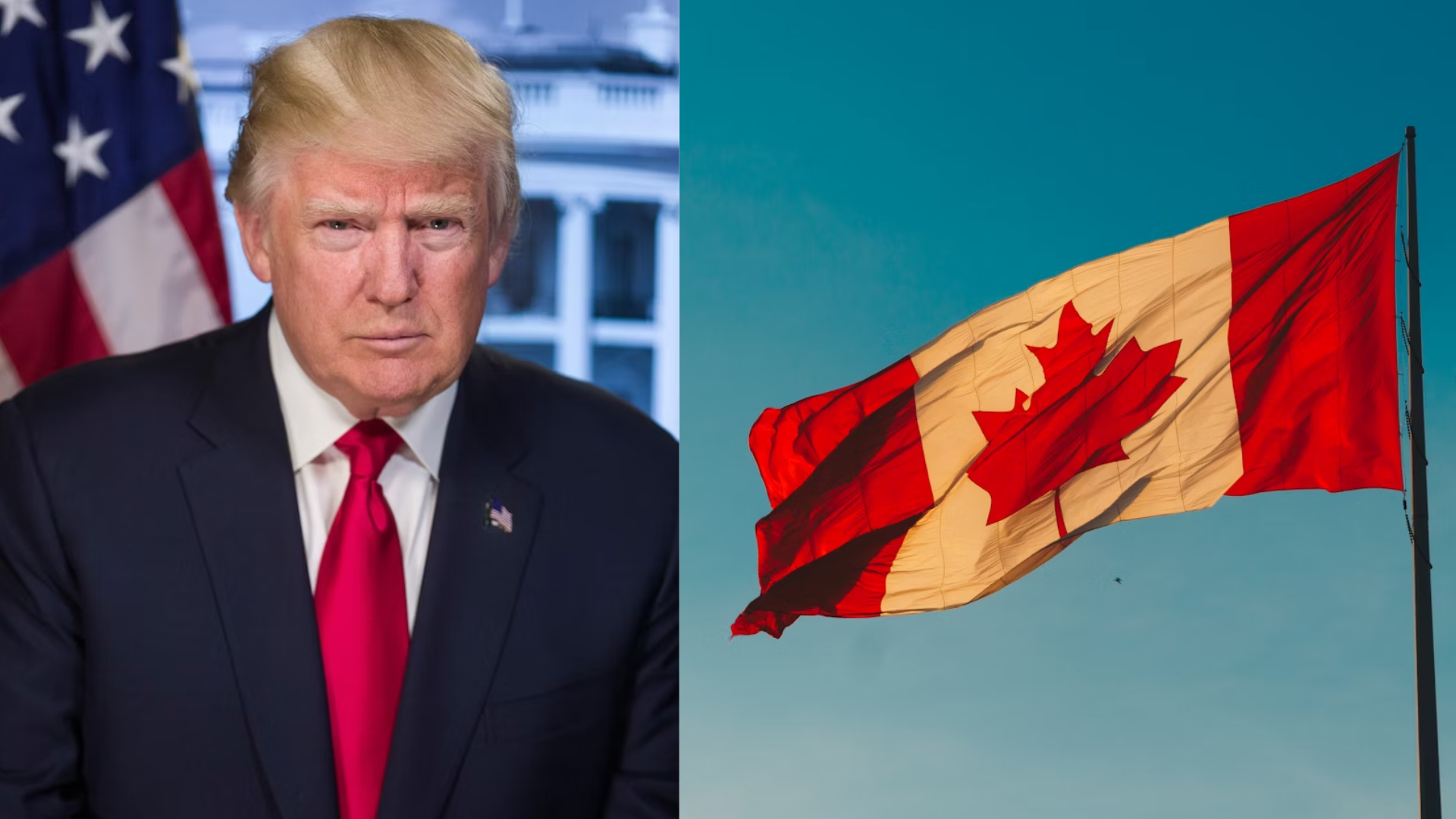The euro climbed higher on Monday after Germany’s conservative opposition secured a key electoral victory, boosting confidence in Europe’s largest economy. Meanwhile, the U.S. dollar weakened, as investors reassessed the Federal Reserve’s policy outlook.
Germany’s opposition Christian Democrats (CDU) won a regional election, signaling potential shifts in the country’s economic direction. The results reinforced optimism among market participants, who viewed the win as a sign of stability and potential pro-business policies.
At the same time, the dollar struggled, slipping against major currencies as traders weighed softer U.S. economic data and recent comments from Fed officials. Expectations that the Federal Reserve may hold off on further rate hikes pressured the greenback, reducing its appeal among investors.
The euro’s gains were further supported by improving investor sentiment across the eurozone, with markets reacting positively to political stability in Germany. However, concerns remain over broader economic challenges, including inflation and energy supply risks.
Looking ahead, market participants are closely watching upcoming U.S. inflation data and comments from ECB policymakers, which could provide further direction for currency movements. The euro’s momentum will depend on whether Germany’s political shift translates into sustained economic confidence, while the dollar’s trajectory remains tied to evolving Fed policy expectations.
Additionally, global risk appetite remains a key driver, as geopolitical tensions and economic uncertainties weigh on financial markets. Any unexpected shifts in trade policies or central bank decisions could introduce fresh volatility, impacting both the euro and the dollar in the coming weeks.
















